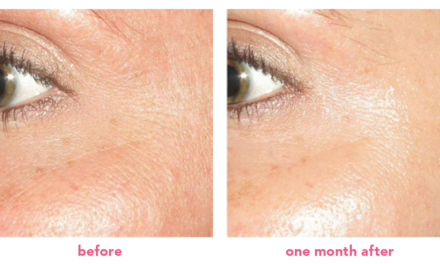October is Breast Cancer Awareness Month, and for good reason. It is the most prevalent cause of cancer deaths in women in the United States. Pink ribbons and events remind us to get screened for breast cancer, and there are exciting new technologies that can help in the fight against this difficult disease.
Mammography has been proven to improve survival and to help with early identification of small cancers. It is the mainstay of breast evaluation, but there are new technologies emerging that can improve screening and provide new ways to identify early cancer. Ultrasound and MRI tests can be very helpful, but they are often expensive and require a visit to an imaging center.
Celbrea is a new technology that is a Thermal Activity Indicator. It provides a way to add to the existing standard protocols with an evaluation system that can be done in a doctor’s office with a quick, painless examination. Celbrea is not intended to replace an exam or mammogram, but it can provide another way to gather information.
Celbrea utilizes pads that are applied painlessly to both breasts with a light adhesive. The devices stay in place for 15 minutes and compare temperature differences between the breasts to identify areas of concern. A physician immediately evaluates the test and makes recommendations for further action. Women with a desire for increased information and those who may not fit into the screening recommendations for mammograms are good candidates for Celbrea. The test is certified by the FDA, but is generally not covered by insurance, however, the cost is very reasonable.
Modern Gynecology & Reproductive Health is committed to providing cutting edge, reliable care. We provide routine examinations and help schedule mammograms and ultrasounds. For more information, visit Moregyn.com or call 901.316.9818.
Dr. Susan Lacy is a Gynecologist practicing in Memphis for over 20 years. She attended Johns Hopkins Medical School and completed OB-GYN Residency at the University of Tennessee Memphis. Dr. Lacy created Modern Gynecology & Reproductive Health in 2019 in response to a need for more accessible gynecologic healthcare, transgender care, fertility services, and general wellness. She is excited to bring an innovative approach to reproductive care in Midtown Memphis.
FACTS
- Current ACOG guidelines recommend beginning mammography at age 40, checking mammograms every 1–2 years from age 40 to 75 at the discretion of the patient and physician.
- Breast self-exams are no longer recommended as routine, but doing them periodically can help people become more familiar with their own breasts.







